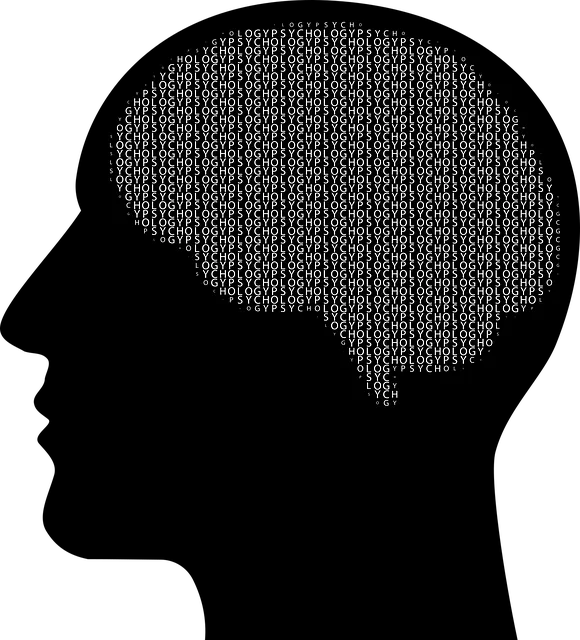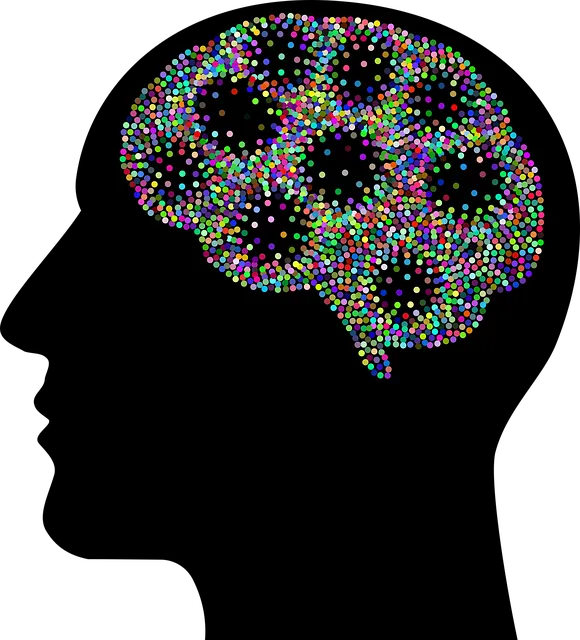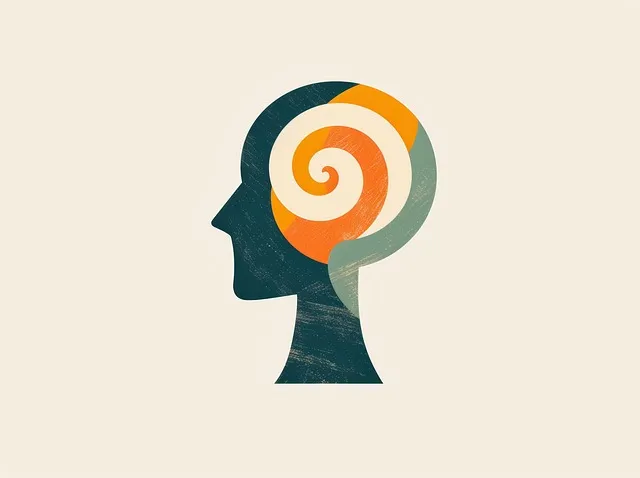Lone Tree Kaiser Permanente behavioral health providers offer a comprehensive approach to mood regulation, combining evidence-based therapies and holistic practices. They emphasize individualization, incorporating Cultural Sensitivity and Compassion Cultivation Practices for personalized care. CBT is utilized to challenge negative thought patterns, while mindfulness and meditation enhance emotional resilience. Lifestyle changes, such as exercise and diet, are encouraged to support overall well-being. Support groups and social connections are vital tools, fostering stability and positive communication skills through shared experiences. Lone Tree Kaiser Permanente behavioral health providers cater to diverse needs, promoting mental balance and improved emotional intelligence.
Mood regulation is an essential aspect of emotional well-being, and Lone Tree Kaiser Permanente behavioral health providers play a pivotal role in guiding individuals toward healthier minds. This article explores various strategies to manage moods effectively. We delve into evidence-based approaches such as Cognitive Behavioral Therapy (CBT), mindfulness practices, and the significance of physical activity and diet. Additionally, we highlight the power of support groups and social connections in fostering mood stability, offering a comprehensive guide for those seeking to navigate and enhance their emotional state.
- Understanding Mood Regulation: The Role of Lone Tree Kaiser Permanente Behavioral Health Providers
- Cognitive Behavioral Therapy (CBT): A Powerful Tool for Managing Moods
- Mindfulness and Meditation Techniques to Calm Your Mind
- Physical Activity and Diet: Their Impact on Emotional Well-being
- Support Groups and Social Connections: Building a Network for Mood Stability
Understanding Mood Regulation: The Role of Lone Tree Kaiser Permanente Behavioral Health Providers

Understanding Mood Regulation is a multifaceted process, and Lone Tree Kaiser Permanente behavioral health providers play a pivotal role in guiding individuals towards emotional balance. These experts are trained to recognize that each person’s path to managing their mood is unique, shaped by personal experiences, cultural backgrounds, and individual resilience. By incorporating insights from the Cultural Sensitivity in Mental Healthcare Practice, they tailor interventions to respect diverse needs.
Lone Tree Kaiser Permanente behavioral health providers utilize Compassion Cultivation Practices as a cornerstone of their approach. This involves fostering empathy, self-awareness, and kindness towards oneself and others, which can significantly enhance emotional regulation skills. Moreover, they conduct thorough Risk Assessment for Mental Health Professionals to ensure safe and effective support, enabling clients to navigate life’s challenges with greater equanimity.
Cognitive Behavioral Therapy (CBT): A Powerful Tool for Managing Moods

Cognitive Behavioral Therapy (CBT) is a powerful tool for managing moods, as recognized by Lone Tree Kaiser Permanente behavioral health providers. This evidence-based approach focuses on identifying and changing negative thought patterns that contribute to emotional distress. By understanding how thoughts, feelings, and behaviors are interconnected, individuals can gain valuable insights into their mood fluctuations and learn effective coping strategies.
CBT incorporates various techniques, including communication strategies and mindfulness meditation, to enhance emotional intelligence. Through structured conversations with trained therapists, patients challenge distorted beliefs and replace them with more realistic, balanced perspectives. This process empowers individuals to navigate life’s challenges with greater resilience, ultimately improving overall well-being.
Mindfulness and Meditation Techniques to Calm Your Mind

In the quest to regulate your mood and achieve mental balance, mindfulness and meditation techniques offer a powerful toolkit. Lone Tree Kaiser Permanente behavioral health providers emphasize the effectiveness of these practices in calming an agitated mind and fostering emotional resilience. Mindfulness encourages living in the present moment, observing thoughts and feelings without judgment, thereby reducing stress and anxiety. Meditation, on the other hand, is a practice that trains your attention and awareness, helping you develop a deeper understanding of your mental processes.
Adopting Mind Over Matter principles through these practices can significantly boost confidence and enhance emotional healing processes. They offer a serene sanctuary within the chaos of daily life, allowing individuals to reconnect with their inner selves and cultivate a sense of tranquility. By integrating mindfulness and meditation into your routine, you can navigate life’s challenges with greater composure and emotional intelligence.
Physical Activity and Diet: Their Impact on Emotional Well-being

Engaging in regular physical activity and maintaining a balanced diet are powerful tools for managing mood and enhancing emotional well-being. Lone Tree Kaiser Permanente behavioral health providers emphasize the profound impact these lifestyle choices can have on mental health. Exercise releases endorphins, often referred to as “feel-good” hormones, which can reduce stress, improve mood, and increase overall life satisfaction. Even a short walk or a gentle yoga session can make a significant difference in how we feel.
Similarly, diet plays a crucial role in emotional regulation. A well-balanced diet that includes plenty of fruits, vegetables, whole grains, and lean proteins provides the body with essential nutrients necessary for optimal brain function. Certain foods are known to boost serotonin levels, a neurotransmitter linked to mood regulation and feelings of happiness. By prioritizing both physical activity and nutritious eating habits, individuals can better navigate stress and improve their emotional intelligence, thanks to the support of Lone Tree Kaiser Permanente behavioral health services.
Support Groups and Social Connections: Building a Network for Mood Stability

Support groups and strong social connections play a pivotal role in mood regulation, offering a powerful tool for those seeking to manage their mental health. At Lone Tree Kaiser Permanente behavioral health providers, individuals can find a supportive environment where they connect with others facing similar challenges. These groups provide a safe space to share experiences, gain insights, and offer emotional support, which are all essential components of mood management.
Through these social interactions, one can build a network that fosters stability and resilience. The sense of belonging and understanding within these circles enhances self-worth and confidence, acting as a boost to one’s mental well-being. Moreover, social skills training becomes more accessible in such settings, encouraging positive communication and relationship-building—key factors for maintaining a balanced mood over time.
Lone Tree Kaiser Permanente behavioral health providers emphasize that mood regulation is a multifaceted approach, combining evidence-based strategies like CBT, mindfulness practices, and lifestyle adjustments. By integrating these techniques, individuals can effectively manage their moods and enhance overall emotional well-being. Support groups and strong social connections further strengthen this process, offering a sense of community and stability. Embracing these comprehensive strategies enables folks to navigate life’s challenges with resilience and grace.






